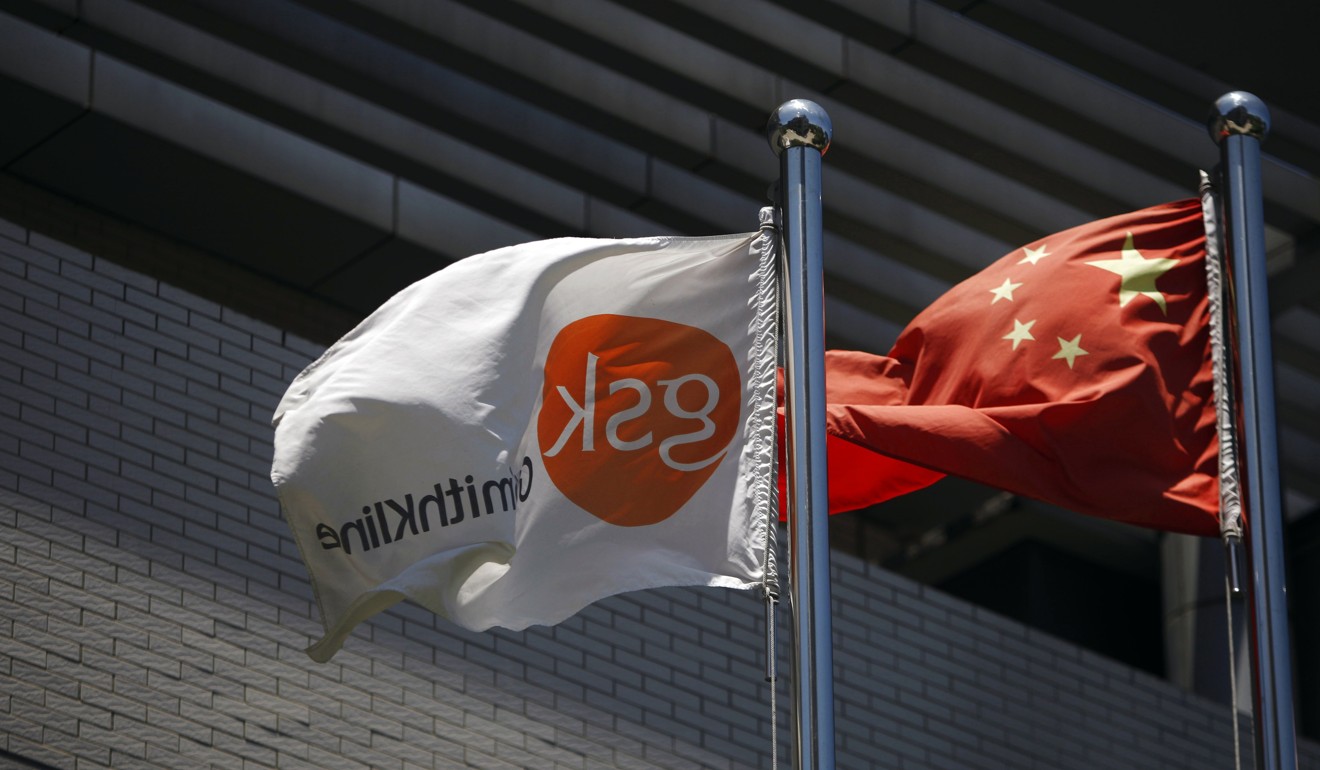China broadens bribery crackdown to technology firms, says report
Mainland authorities have been shifting focus to the telecommunications, media and technology (TMT) sector as it grows in importance

Mainland China has been shifting the focus of wide-ranging bribery investigations to telecommunications, media and technology (TMT) firms as the industry becomes more important to the economy, according to a joint report released on Sunday.
The report said the TMT sector came under greater scrutiny in 2016 and faced more legal enforcement, alongside the traditional fields such as pharmaceutical and health care, real estate, manufacturing, finance and investment.
In contrast, the fast-moving consumer goods sector has been subject to less bribery investigations.
The report was jointly released by the China Institute of Corporate Legal Affairs, Netherlands-based information services provider Wolters Kluwer, and mainland law firm Fangda Partners. It was based on a survey of 302 companies on the mainland in January and February.
Chinese authorities have pursued several high-profile bribery cases against companies in recent years.
In 2014, a mainland court fined British pharmaceutical juggernaut GlaxoSmithKline a record 3 billion yuan (US$439 million) for bribery.
Bribery investigations accounted for 70 per cent of all types of corporate compliance probes carried out in the pharmaceutical and health care industry last year, the highest level across all sectors. They were trailed by TMT firms, which say 38 per cent of compliance related investigations were for anti-bribery reasons.
It might not necessarily mean the sector is rife with irregularities, but it indicates the authorities are expanding their radar and beefing up scrutiny of the so-called ‘new economy’.
“The rising compliance focus on the TMT sector shows that the government is paying closer attention to the fast growing sector,” said Kate Yin, the main author of the report and a partner at Shanghai-headquartered Fangda Partners. “It reflects the TMT sector’s growing significance to the economy amid its increasing interaction with other industries thanks to disruptive technologies.”

While receiving heavier scrutiny, the TMT industry needs to play catch-up to cope with the changes in the direction of the crackdown, as 15 per cent of respondents in the sector said their top management haven’t paid enough attention to compliance. That was higher than the average of 10 per cent across all sectors.
“New technology firms are now seeing the growing benefits of boosting their compliance capabilities, partly to answer to investors’ needs and partly to deal with strengthened regulatory actions,” said Yin.
A step-up in scrutiny of bribery against companies have been widely felt, the survey found.
Earlier this year, China posted a draft amendment to the Anti-Unfair Competition Law, reflecting a stricter approach to corporate compliance. The present law came into force in 1993 and is widely seen as not having kept pace with changes in the market.